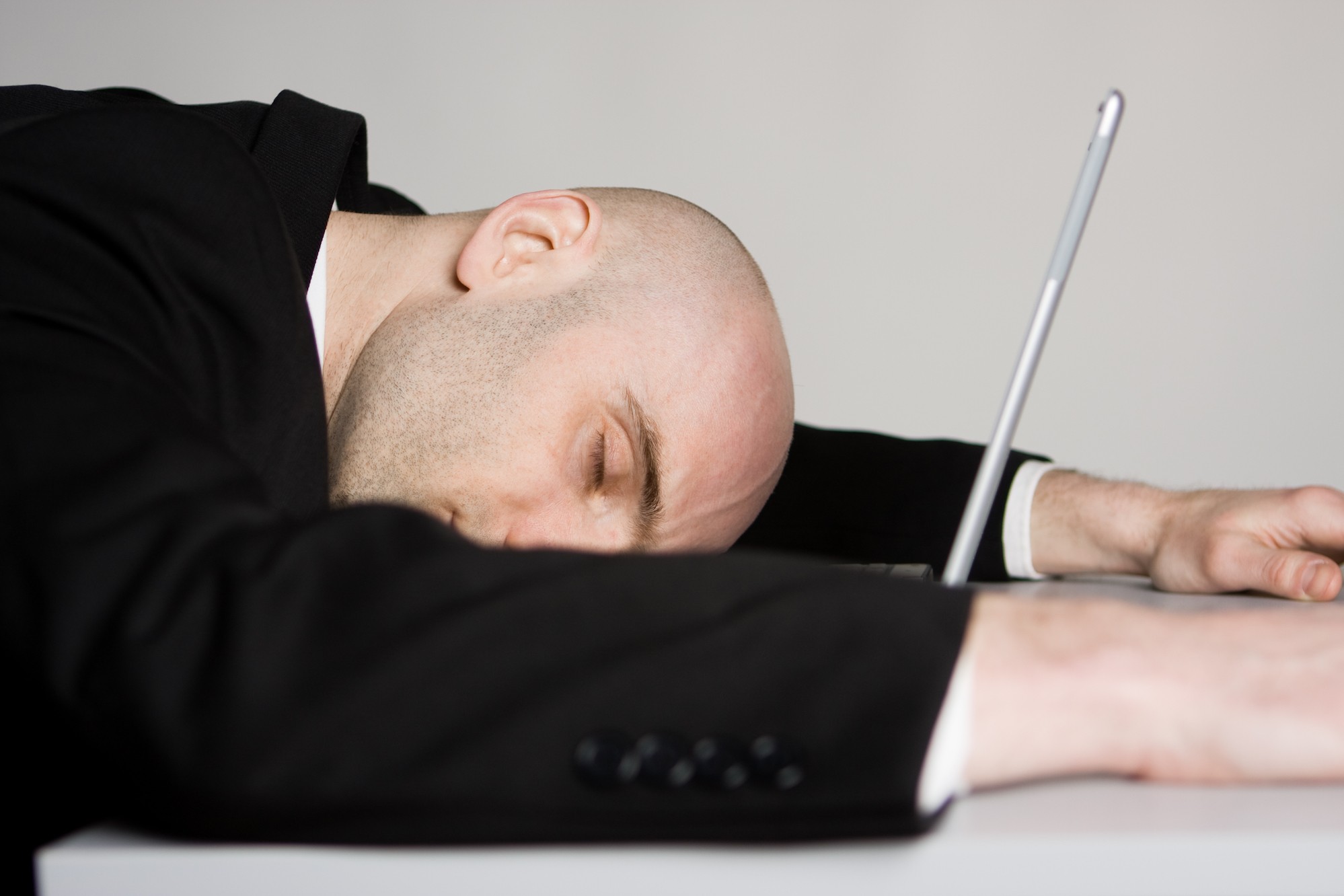

Our earlier post, ‘Sleep and Self-Care’, looked at research on the emotional and mental benefits of getting a good night’s sleep. We shared recent evidence that by increasing your sleep-quality you also increase levels of physical and emotional well-being comparable to a person winning a lottery jackpot of around $200,000.
Our follow-up post, ‘Sleep and the EPPP’, considered the role sleep plays in consolidating memories. Consolidation is a crucial bridge between the acquisition of knowledge and future recall of that knowledge. We considered why those who are studying for their psychology licensure exam should prioritize their sleep in order better to consolidate the material they’ve been studying.
This post will build on these previous articles by examining six specific steps you can take to improve the quality of your sleep. These steps are for everyone, not just those with obvious sleep problems, since we could all benefit from better quality sleep.
ADDRESS YOUR LIFESTYLE WHILE AWAKE
Researchers have established that sleep quality (how well you sleep) is more important than sleep quantity (how much you sleep). But researchers have also found that “stress may be getting in the way of quality sleep.” This isn’t surprising, as stress has been found to inhibit the production of melatonin, a neurochemical involved in regulating our sleep patterns.
Thus, anyone wishing to address the quality of their sleep has to begin by addressing their lifestyle while awake. A lifestyle filled with stress, anxiety and negative rumination is likely to have an adverse impact on one’s sleep patterns.
It usually isn’t possible to completely eliminate all stress from our lives. But it is possible to eliminate the impact of various types of self-imposed stress. For example, when we take measures to eliminate unnecessary stressors like useless rumination, anxiety and thinking errors, then we can more easily handle the remaining stress that we cannot control. We can also take measures to lessen the intensity of unavoidable stress through copying strategies like mindfulness, self-care and meditation.
Addressing stress in these ways comes with many health benefits, including a better night’s sleep.
GET PLENTY OF EXERCISE
Because of our sedentary lifestyle, most people do not get sufficient exercise. Not surprisingly, this can have an effect on sleep. Research published in the journal ‘Mental Health and Physical Activity’ suggests that when people get 150 minutes of exercise a week, this helps people to sleep better and to be more alert during the day.
For people with chronic insomnia, the research suggests that it sometimes takes a bit longer before exercise begins making a difference, with a person’s sleep only improving after four months of regular exercise. Chronic insomnia often occurs because of hyper-arousal of the stress system, and sporadic one-off exercise can actually exacerbate that. A longer and more consistent exercise routine is required.
HAVE A BUFFER TIME
Before electric lights, people would generally have stopped work at sundown, even if this was hours before their normal bedtime. This period between the end of work and the beginning of sleep would have provided a valuable buffer period for the brain and body to slow down. The absence of artificial light would have inclined our ancestors to use this period to pursue activities that are naturally calming, such as conversation, studying the stars, telling stories or reading by candlelight. (Interestingly, our ancestors would also pursue these types of activities in the middle of the night, since their sleep was generally divided into two sections. See point #6 below.)
By contrast, in modern life we often deprive ourselves of this buffer zone between waking and sleeping. We go straight to bed after non-calming activities like watching television or being on our smartphones. Even if we have no problem getting straight to sleep, the quality of our sleep is compromised. What we need is a buffer period for the brain to calm down. Activities to do during this buffer period could include:
- Bedtime reading;
- Listening to calming music;
- Enjoying a period in which all white light, including the computer and TV, is turned off and a warm orage or red light (either through candles or special bulbs) is turned on. This type of light has a calming affect on the body and helps with the regulation of melatonin.
- Mindfulness meditation;
This last activity requires further explanation.
USE MINDFULNESS TO TURN OFF YOUR BRAIN
Often the quality and quantity of our sleep is compromised because we cannot shut off the constant activity of our brains. Our brains often function like non-stop radio that refuses to be quieted. Those who have spent the day pouring over EPPP preparation materials may find it particularly hard to switch off, experiencing a type of “mental hyperactivity.” This can impact our sleep in the following ways:
- Our hyperactive brains may make it difficult to initially fall asleep;
- Our hyperactive brains may wake us up in the middle of the night, or keep us from falling back to sleep after a natural period of wakefulness;
- Our hyperactive brains may affect the quality of our sleep
Fortunately, you can address these problems with mindfulness techniques. Before you go to bed, have a period of “mindfulness meditation”, which is essentially watching the pattern of your breath as you deeply inhale and exhale. The benefit of this technique is that instead of going to war against unwanted thoughts and thereby exacerbating the problem, mindful breathing enables your attention to shift to something else. Once you are in bed if you find your brain beginning to race, simply shift your focus to deep breathing. In an article on meditation and sleep, the Eco Institute shared that
“Rutgers University researchers discovered that melatonin levels for meditation practitioners were boosted by an average of 98%, with many participants having increases by more than an incredible 300%! Meditation effectively re-balances all of the biological markers for night after night of super deep, natural sleep, every night of the week — ensuring you wake up feeling fresh and rejuvenated every morning.”
For more information about mindfulness meditation and sleep, see Julie Corliss’s article “Mindfulness meditation helps fight insomnia, improves sleep.”
DON’T TAKE TECHNOLOGY TO BED WITH YOU
A surprising number of Americans take their phones to bed with them. Writing for the Business Insider, Henry Blodget reports research showing that
- 90% of 18- to 29-year-olds sleep with their smartphones
- 1 in 3 people would rather give up sex than their phone
- 95% of people use the phone for something just before going to bed
- Half of people check their phones immediately if they wake up during the night
These habits interfere with a good night’s sleep since research shows that the type of light emitted from these screens interferes with your sleep cycle and impacts how sleepy you feel the next day.
It isn’t just the physical light from these devices that cause an interference with sleep. The main reason these devices interfere with sleep is because they make it difficult to turn off the brain. The sense of connectivity, together with the background awareness of actual or potential messages waiting to be received, is antithetical to the type of mental silence needed for quality sleep. Turning off your phone when you go to bed is often not enough: you should also put it in another room so you’re not tempted to think (perhaps unconsciously) of messages waiting to be received as soon as the phone is turned on.
If you want a good night’s sleep, you should also avoid using your phone, tablet, iPad, or laptop for bedtime reading, since these devices stimulate mental activity at precisely a time when you need to be calming down. Reading a book is different since it stimulates a different part of the brain (printed material also does not emit melatonin-suppressing white and blue light).
STRATEGICALLY ADDRESS INSOMNIA
Some people experience periods of wakefulness because they need to apply the above steps to achieve better sleep-quality. But ironically, other people experience insomnia precisely because they are such good sleepers. Let me explain.
Some people become a victim of their own good sleep. They start off the night sleeping deeply, but then wake up and struggle to get back into a deep sleep cycle. They think they are bad sleepers, but actually they are really good sleepers: having experienced deep REM sleep at the beginning of the night, their body feels wide awake at 12:00, 3:00, or maybe 4:30
In one sense, this is not surprising. Our bodies were designed to have about eight or nine hours of good sleep every night, but our bodies do not seem to have been designed to sleep all the way through. This second fact seems strange, but there is a wealth of documentary evidence that the notion of sleeping straight through the night is a comparatively modern phenomenon. For millennia of human history, segmented sleep seems to have been the norm throughout many societies. (Some of the documentary evidence for this can be found at the website ‘Slumber Wise’ and their fascinating article ‘Your Ancestors Didn’t Sleep Like You.’)
The common practice was to get up in the night for two or three hours and do stuff: to engage in quiet work, to visit neighbors, to pray, study, write, read or have sex. That was possible because prior to electric lighting people’s circadian rhythms were more synchronized by light, and prior to industrialization many people were able to sleep later into the mornings. Put these two things together (going to sleep earlier and being able to wake up later) and it was possible to spend two or three hours in the night doing things.
But while sleeping all the way through the night may not be natural (historically speaking), most of us have been able to adjust. But some people still routinely wake up after having 3 to 5 really good hours of sleep. Their bodies do not seem to know that society no longer revolves around segmented sleep patterns.
If you are one of these people, there are a few things you can do to “hack your brain” and get around the problem.
First, before you lie down for the night, decide what your strategy will be if you wake up before the morning. When you are tired, your impulse control is significantly lower. Thus, if you wait until the middle of the night to decide how to handle sleeplessness, you will be more likely to react in ways that only make the problem worse, like checking your text messages, watching online videos, going on social media or mindlessly clicking around the internet. These activities are not calming since they involve white and blue light, and also because they stimulate the brain instead of calming it down. Here are some activities to try if you find yourself regularly waking up in the middle of the night:
- Sit up in bed to practice mindfulness meditation;
- Get out of bed to read;
- Remain lying down but turn on an audio book;
- Have a bath;
- Listen to calming music;
- Do any of the above while diffusing calming essential oils like lavender.
- Get up and do an activity you would normally do during the day but which will not stimulate your brain or involve any stress. This could be an activity like chores, craftwork or meal preparation.
As you try the five techniques above, consider keeping a journal to document what techniques are the most effective. Feel free to write to us to share your experiences.
Further Reading



